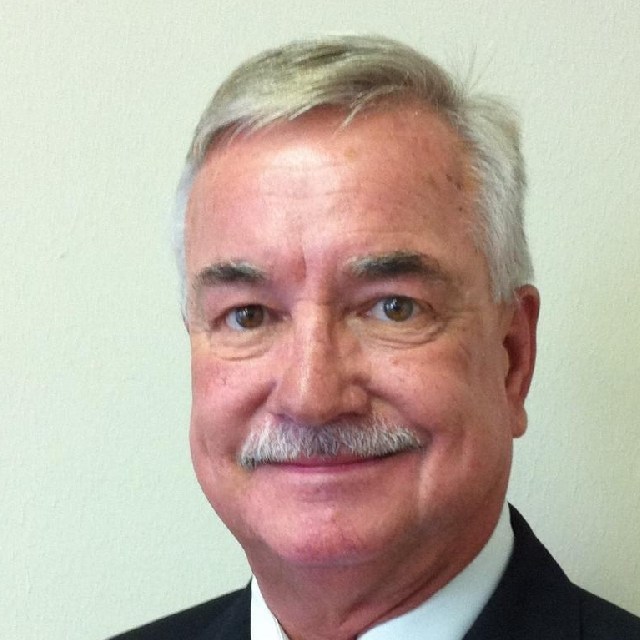Our Practice Areas
We practice general law and are able to help most anybody with their cases!
Bankruptcy and Estate Planning
Bankruptcy – Chapter 7 works very well for many people in the United States, especially those who primarily have unsecured debts. If you are a citizen that has high credit card balances, expensive medical bills, personal loans, and any other type of unsecured debts. These are the types of debts that can be eliminated. If you have a car you can keep it, if you own a house you can keep it.
Most people have very good reasons for needing to file a chapter 7 bankruptcy, whether it’s a divorce, loss of income, helping out family members, loss of a loved one or any other legitimate reason a chapter 7 may give you the relief you deserve. Having a lawyer on your team will relieve the anxiety of being in debt and stop foreclosures and repossessions. We know what the government is looking for, and how we need to show it to them. Going into a bankruptcy takes precision and accuracy, something that can only be built with years of experience.
Raymond L Hopson has easily completed thousands of bankruptcy cases throughout his career, and has not stopped since he opened his doors a 24 years ago. He now makes it even easier, Ray will travel to where you are located, figure out what is needed, walk you through everything, and get your bankruptcy completed with the least amount of time as possible. This is why you need a great lawyer that can walk you through it all, and has decades worth of experience. Raymond L Hopson is the top bankruptcy attorney in the area, and his case work backs up that claim. He has saved many people that just caught a bad break, and kept them afloat when they may have fallen on hard times.
Call today to set up an appointment at a location and time of your choosing. Let us help you out of your dilemma, come to your house, and stand by your side in court to make sure you are treated more than fairly.
Estate Planning – No two estate plans are the same. We will discuss a variety of legal tools that are available to help craft a plan that meets your wishes. These tools can include:
- Wills and trusts. A will is an important tool that outlines the distribution of assets. In some cases, it is also advantageous to protect assets with an irrevocable trust or avoid probate with revocable trusts.
- Powers of attorney. These legal tools provide guidance for legal and financial decisions in the event that you are unable to communicate these wishes yourself.
- Health care directives. These documents allow for the appointment of a surrogate in the event that you cannot make medical decisions due to incapacitation.
General Law and Criminal Law
General Law – Deciding which type of lawyer you need can be confusing, so if you’re not sure where to look, a general practice attorney can be a good place to start. If you think you want to meet with a general attorney, you may want to consider the following:
What Does a General Practice Attorney Do?
General practice attorneys cover a broad range of areas, but they often don’t have much specialization in any particular area. For this reason, a general practice attorney can represent you in court, draft and review documents, and be your advocate in negotiations, but they may have to refer you to another attorney if they’re not familiar with your situation.
How Do I Know If I Need a General Practice Attorney?
A general practice attorney is useful for very common cases. You may want to use a general practice lawyer to draft or review documents like:
- A will
- A trust
- A Lease
- A Living Will
- A Power of Attorney
And you may want to have a general practice lawyer represent you in court cases involving:
- Traffic violations
- Divorce
- Spousal support
- Personal injury
- Child custody
- Real Estate
- Immigration
- Bankruptcy
- Estate Planning
- Criminal law
Criminal Law – Being charged with a criminal offense does not mean your case is over. You are still innocent until proven guilty, and no matter how bad the situation may seem at the time of your arrest, the circumstances are almost never as damning as you may be led to believe.
The law has many protections for people charged with a crime, including the right to remain silent and the right to an attorney. As tempting as it may be to try and explain the situation at the time of your arrest or at your first court hearing, it is in your best interests to remain silent until you can consult with an attorney. Anything you say after your arrest can be used against you in court, and it is surprisingly easy to say something incriminating even if you are innocent.
